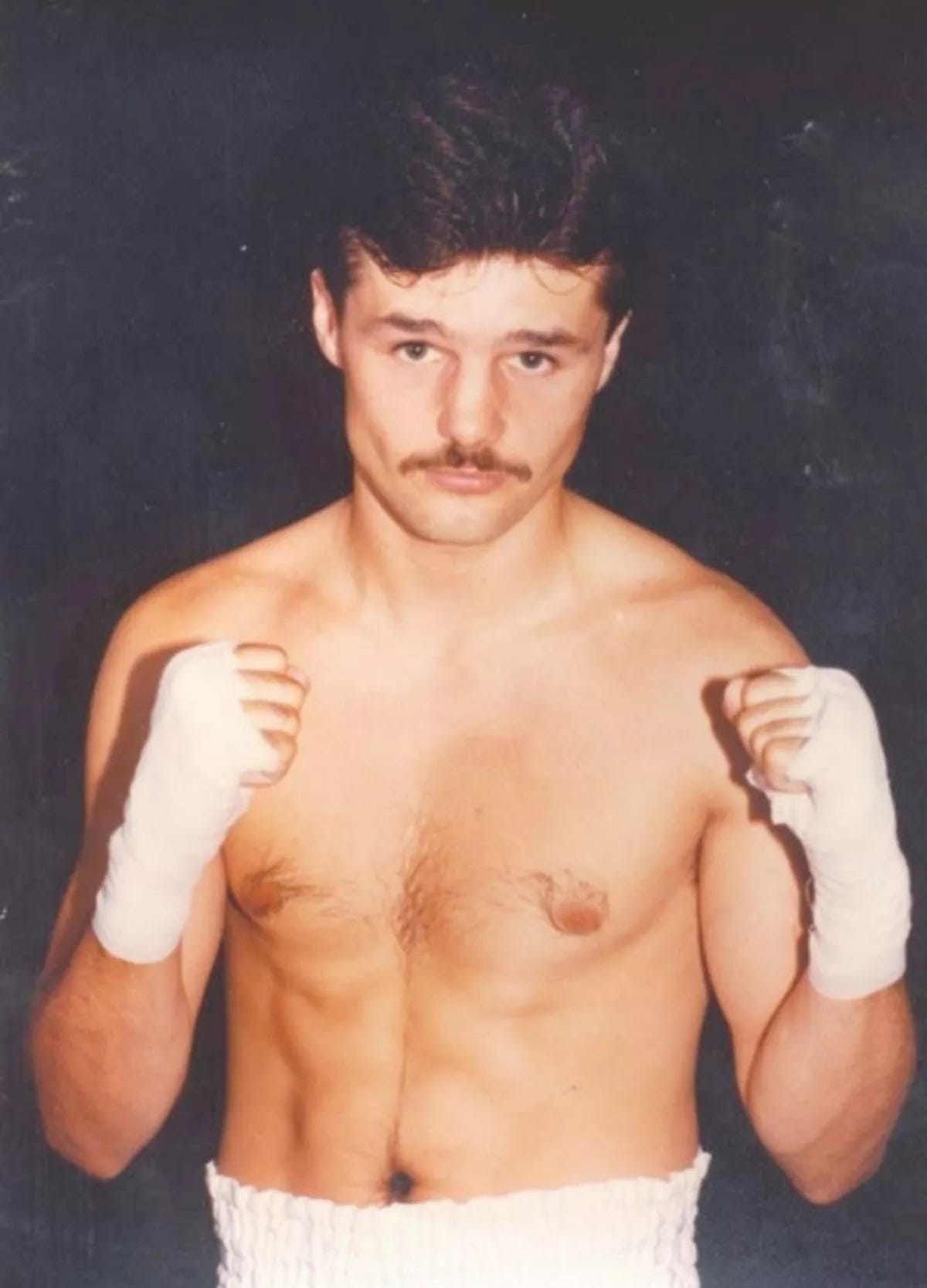On this twenty-sixth anniversary of the murder of a notorious boxer, a former Merseyside police informant has come forward to The Upsetter with an extraordinary account of why Tony ‘the Tiger’ Sinnott was gunned down and the execution remains unsolved.
The welterweight boxer from Liverpool never became a champ. He went the way of many spent fighters looking for prize money and exited the ring for the security business, where organised crime often hides in plain sight.
Sinnott was murdered in the early morning on 23 April 1999. He’d been lured to an industrial estate in south Liverpool, where the shooter greeted him with a hail of automatic gunfire before escaping in a hijacked car.
The informant who has come forward today was at the time of the murder a vital source inside Liverpool’s drug gangs.
In a wide-ranging interview with The Upsetter, he admits his personal role in the events leading to the murder of Sinnott and provides a motive along with something else quite astonishing - the names of the detectives who he claims told him to keep quiet about what went down.
Merseyside police did not want to expose his informant role and corruption, including one allegation that went to the top of the force, he says.
“I still feel bad about it. I wasn’t involved in his murder, but was involved in what caused it. The police know this but would never admit it.”
This second of a two-part special on Merseyside gangsterism is something of an antidote to the BBC’s stylised crime drama This City is Ours, which says nothing about how Liverpool is run.
Those interested in that vexed question would do well to keep an eye on an impending contracts corruption trial involving senior political and business figures who ran the city in the noughties.
The first part of this special dispatch went some way towards describing where Liverpool’s powerbrokers, cops and gangsters intersected in that same period.
So if you enjoyed Strange Fruit, then get ready to rumble.
Seconds Out.




